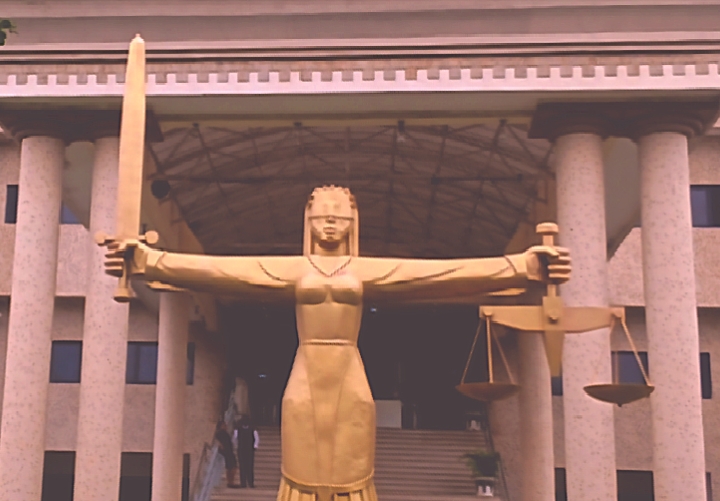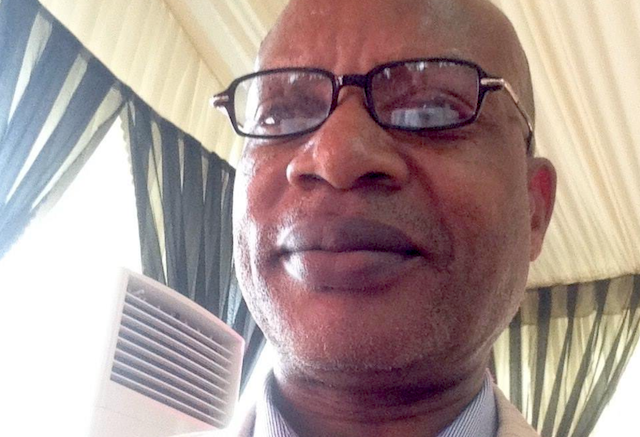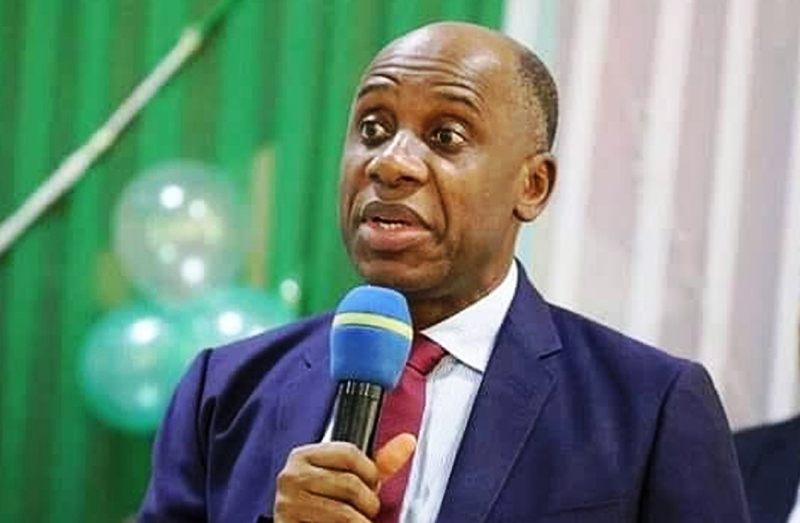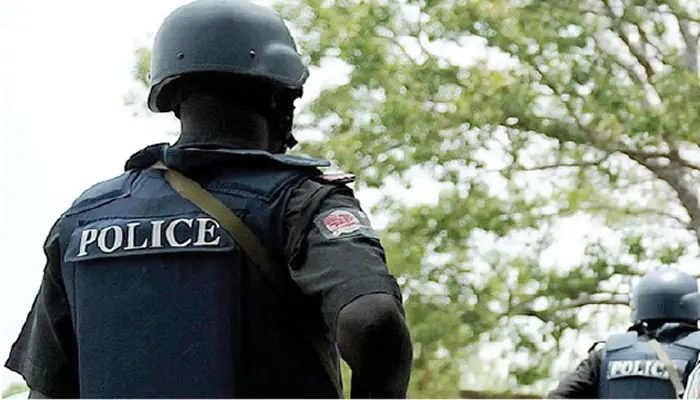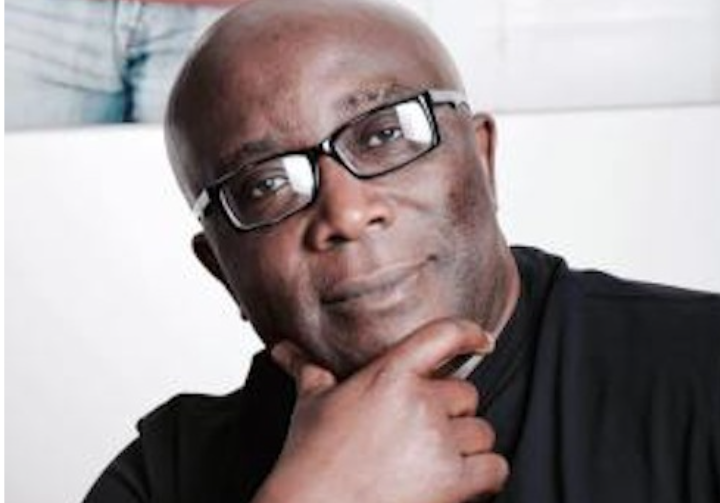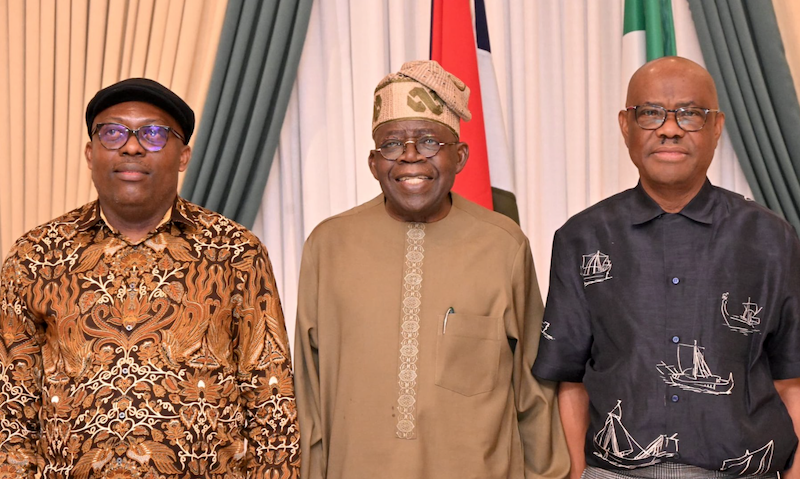When you talk too much, there’s a tendency to talk yourself into trouble! Likewise, when you point one or two fingers at your enemy, the other three or four fingers will point at you! This is a universal truism that’s roped in one of the promoters of the Coalition of Opposition Politicians (COP) and a chieftain of the African Democratic Congress (ADC), Chibuike Rotimi Amaechi, former Rivers State Governor and ex-Minister of Transportation.
It’s the second time – if not more – in two months that Amaechi would cut his nose to spite his face – all in an attempt to project himself and the COP/ADC as capable, and ready to boot out President Bola Tinubu and his ruling All Progressives Congress (APC) from power in 2027.
On May 30, 2025, Amaechi – unarguably one of the multi-billionaire politicians who’ve brought Nigeria to its sorry pass – told the nation that he’s “hungry” and wondered why Nigerians weren’t protesting against the Tinubu administration over its economic hardship brought upon the country.
In an event marking his 60th birthday, Amaechi, critiquing the state of the economy, said: “We’re all hungry, all of us are. If you’re hungry, I am. For us, the opposition, if you want us to remove the man in power (President Tinubu), we can remove him from this power. In Nigeria, there are no capitalist ideas among the politicians; it’s about sharing (of public money).”
Perhaps, contrary to his expectation that he’d be garlanded for standing up for the people, Amaechi’s phrasal “hunger” was “interpreted as a metaphor for his ambition and desire to remain politically relevant, rather than a statement about his personal food security,” as AI Overview notes.
Amaechi didn’t only incur the wrath of Nigerians, who flayed him for capitalising on their current station in life to feather his political interest – for which he’s announced his presidetial bid – but his “I’m hungry” sermonisation also degenerated into a “war of words” between him and his successor in office and Minister of the Federal Capital Territory (FCT), Chief Nyesom Wike.
Wike, who’s governor of Rivers from 2015 to 2023, accused Amaechi of lying to Nigerians. “We have no time to listen to nonsense in Nigeria. I don’t understand why a man like Amaechi would choose his 60th birthday to lie to Nigerians about being hungry,” Wike said, as reported by PUNCH on June 2.
“He (Amaechi) was Speaker from 1999 to 2007, Governor from 2007 to 2015, and Minister from 2015 to 2023. (And yet) he never spoke about hunger during those years. Now (that) they are regrouping, they’re only hungry for power.
“This shows his (Amaechi’s) failure. How can you trivialise the issue of hunger? He joined Atiku and claimed hunger. It is clear he cannot stay out of power. From 1999 to 2023, Amaechi stood before Nigerians and claimed hunger.”
Likening Amaechi to a political paperweight that couldn’t secure “even 25% for (the late President Muhammadu) Buhari during elections, despite being the campaign DG,” Wike claims he isn’t a liability (like Amaechi) but an asset.
“You may dislike me, but I am an asset in ensuring President Tinubu wins a second term (in 2027). Thank God we did not support the PDP (in 2023); otherwise, he (Amaechi) would have taken the glory.
“He is now in a coalition. I don’t like to talk much. Let them form their team and start from home in Rivers. Let’s see how he plans to remove the president. Is it a military coup? The term ‘removal’ is synonymous with dictatorship or military coup. Nigerians remember what happened in 2015, and now he claims Nigerians are hungry.”
Again on July 23, Amaechi self-indict, revealing how results of elections in Rivers had been written over the years to select representives of the people, including himself, who didn’t even campaign, and cast ballot, but was affirmed Governor by the courts.
Amaechi, in Port Harcourt on a roadshow with members of the ADC – the platform adopted by the COP to field its members for the 2027 General Election – alerted the members to Rivers’s “notoriety” for “writing election results,” and vowed he’d stop “election merchants” in 2027.
His words: “We are new members of the ADC, it’s the adopted party of the coalition. Most importantly, have your eyes on 2027 and to have your eyes on 2027, please go home and start registration.
“We will form a committee that will go from local government to local government, ward to ward, to ascertain the number of people we have.
“Our (Rivers) state is notorious for writing (election) results, and we must stop them (the ruling PDP and Independent National Electoral Commission (INEC)) from writing results. When they said that they have already written results, it discourages voters from coming out.”
Amaechi painted an apocalyptic picture of hunger under the Tinubu administration, and urged the ADC members to stop those responsible for writing election results, or else, “Nigerians will be dead and buried if Tinubu wins a second term in 2027,” inferring that President Tinubu will rig himself in at the poll.
“We should encourage people to come out and vote for the removal of the current government or we will all die of hunger,” Amaechi said, adding, “Currently, Nigerians are complaining in President Tinubu’s first tenure; imagine what the second tenure will be like. Then, you’ll be dead and buried.”
Excruciating as the hardship in the country is – which needs hammering on to galvanise the president to aleviate the grassroots, who are hardest hit by the tough economic policies of the government – Amaechi’s labelling Rivers as the “Capital of Election Malpractice in Nigeria” is beyond mere oppo attack on Tinubu and the ruling APC.
It’s an open indictments of the INEC for, as it were, always declaring false results in Rivers; the courts for affirming those crooked poll results; and the security agencies for conniving with Rivers politicians to make the people’s votes not to count.
Since 1999 when the first rounds of election were conducted in Rivers under this dispensation, the processes have not been free, fair, credible, transparent, and acceptable due to alleged massive manipulation, declaration of concocted results, and returning of undeserved winners therefrom.
With the recorded electoral flaws, the courts have continuously affirmed those returned by the electoral empire, whose officials have been accused of financially compromised by the Rivers ruling elite of the PDP, which’s controlled the state till date.
Amaechi’s “can of worms” has revealed him as an active participant and collaborator in writing election results in Rivers, where he’s in government – either at the state or federal level – for 24 years (1999-2023), and still angling to return to power via the presidency in 2027.
Amaechi’s elected twice into the Rivers State House of Assembly, in 1999 and 2003, respectively, and was the Speaker for eight years (1999-2007), Governor for eight years (2007-2015), and Minister of Transportation for eight years (2015-2023).
In 2007, Amaechi made history when the Supreme Court affirmed him as the first recorded Nigerian politician, who didn’t participate in campaigns and voting, and yet was returned as the duly-elected Governor of Rivers State.
In the lead-up to the 2007 governorship in Rivers, Amaechi clinched the PDP primary. However, the powerful President Olusegun Obasanjo of the PDP found a “k-leg” (local parlance for “problem” or “irregularity”) in the choice of Amaechi, and pressured the PDP to give the ticket to Celestine Omehia, who reportedly came fourth at the primary.
One thing led to another, and Amaechi escaped into “self-exile” in Ghana, from where he initiated/continued a legal process to “retrieve his ticket.” In his absence, campaigns were held and elections conducted, with the INEC declaring Omehia as winner, and sworn in as Governor to succeed Dr Peter Odili, Amaechi’s reported mentor and political godfather.
Omehia lasted only a few months in the saddle before he’s sacked by the Supreme Court, which, in a novel opinion, declared that the ticket for any elective position belongs to the aspirant that’s duly-elected at the primary: That’s Amaechi in the case of the Rivers PDP primary for the 2007 poll, and was affirmed Governor, irrespective of his non-participation in the campaigns and election.
The questions for Amaechi: Did someone help to write him in during the primaries for a seat in the Rivers assembly, and the governorship in 1999 and 2007, and accordingly at the polls? Did he rig his second terms in Rivers assembly and as Governor in 2003 and 2011?
Though Amaechi had problems with the family of then-President Goodluck Jonathan, and his powers severely curtailed by “federal might” wielded on behalf of the Jonathans by later-to-be Governor Wike, did he write the results for the 2015 election in favour of his “anointed candidate” under the APC, which he defected to, to escape the onslaught in the PDP?
And as Director-General of the APC Campaign Council for the 2015 and 2019 general elections, did Amaechi write the poll results in Rivers for the APC? Answers to these posers should be in the affirmative, as Amaechi didn’t claim any election in Rivers as free, fair, credible, transparent and acceptable from 1999 to 2023, nor exonerate the major players, including himself, from the poll shenanigans.
Which leads to the next questions: Will Amaechi, gunning for president under the ADC in 2027, not write election results for himself, and in favour of his party candidates? Why should members of other parties, especially the APC, trust that he won’t write the election results? Amaechi’s entrapped himself, and all eyes will be on him and the ADC/COP in 2027!
Mr Ezomon, Journalist and Media Consultant, writes from Lagos, Nigeria. Can be reached on X, Threads, Facebook, Instagram and WhatsApp @EhichioyaEzomon. Tel: 08033078357
